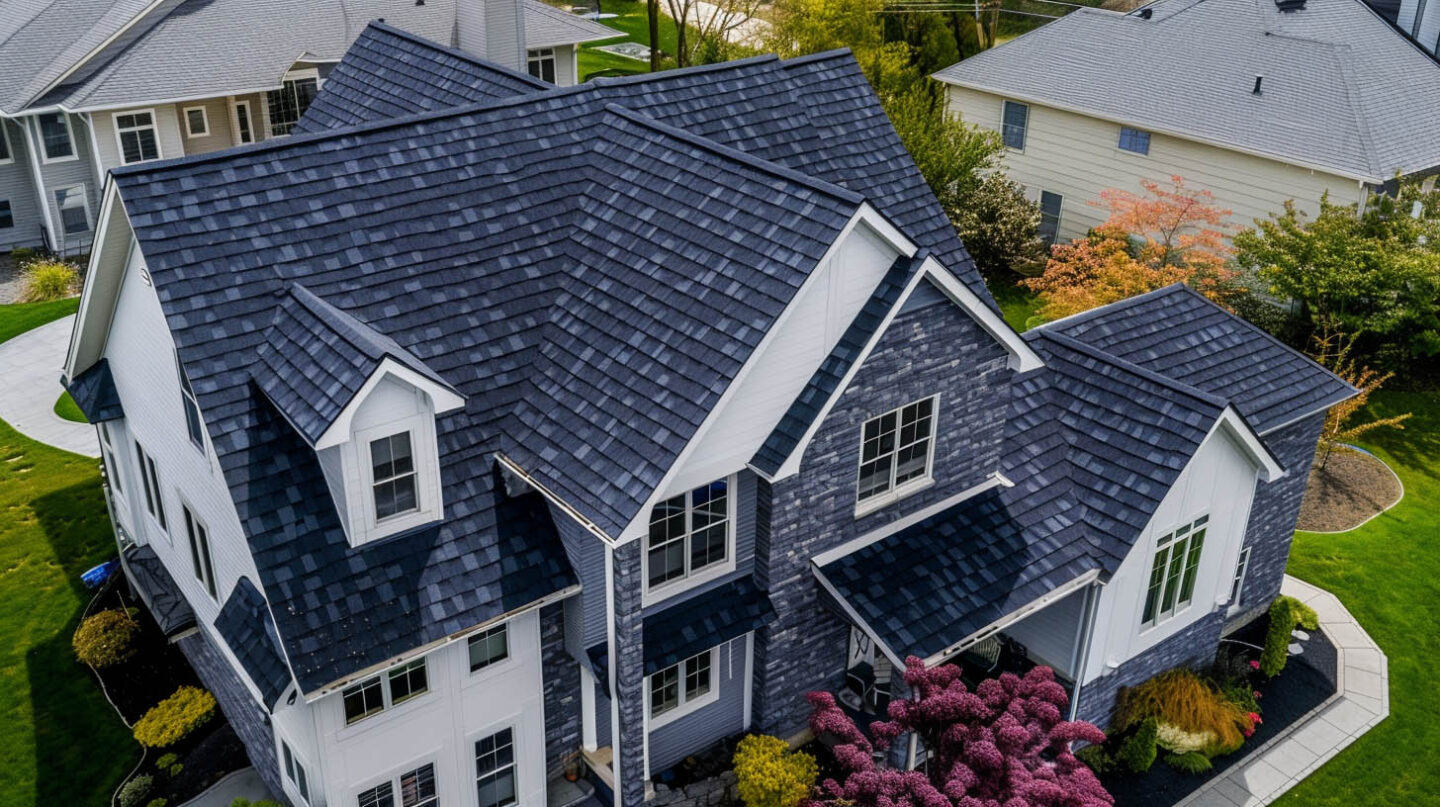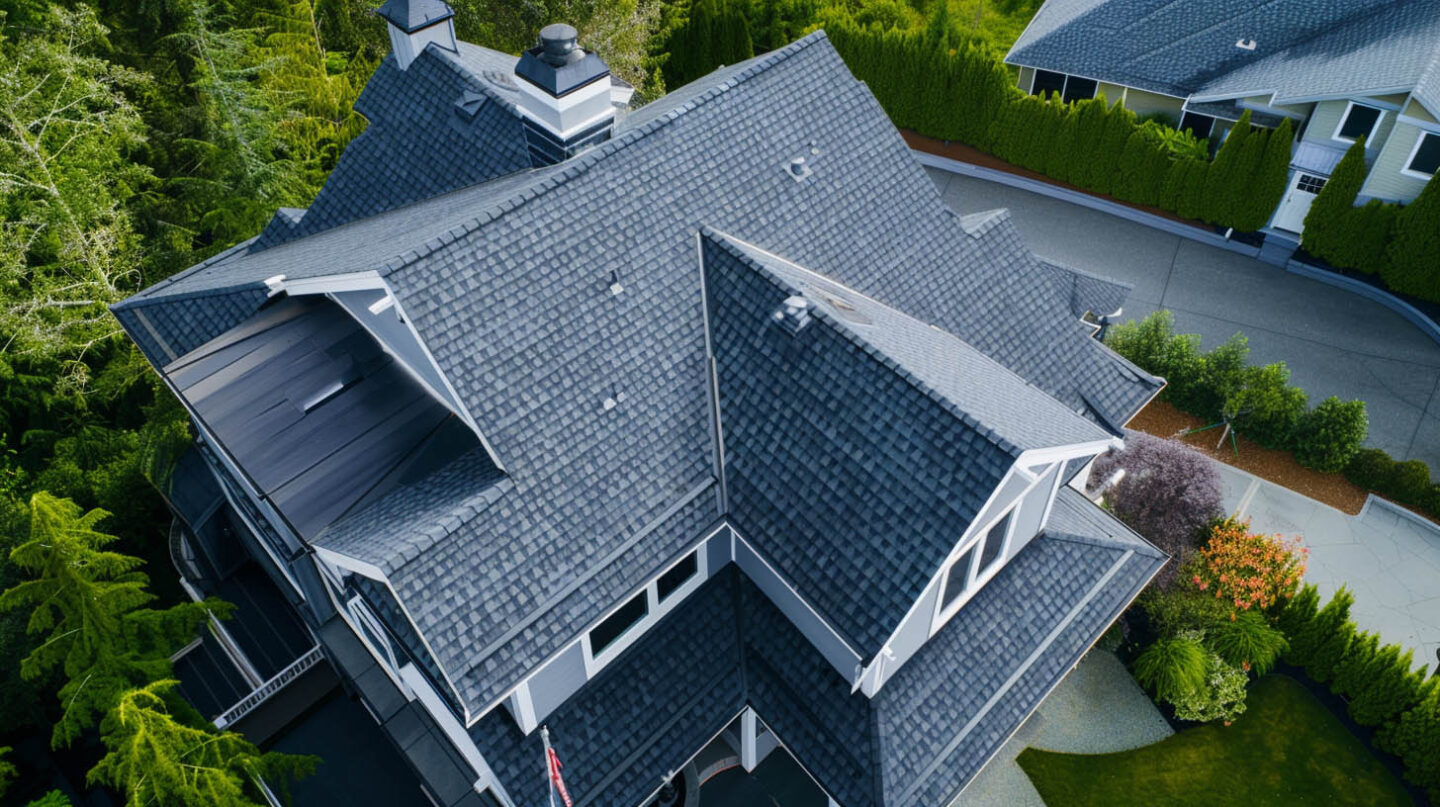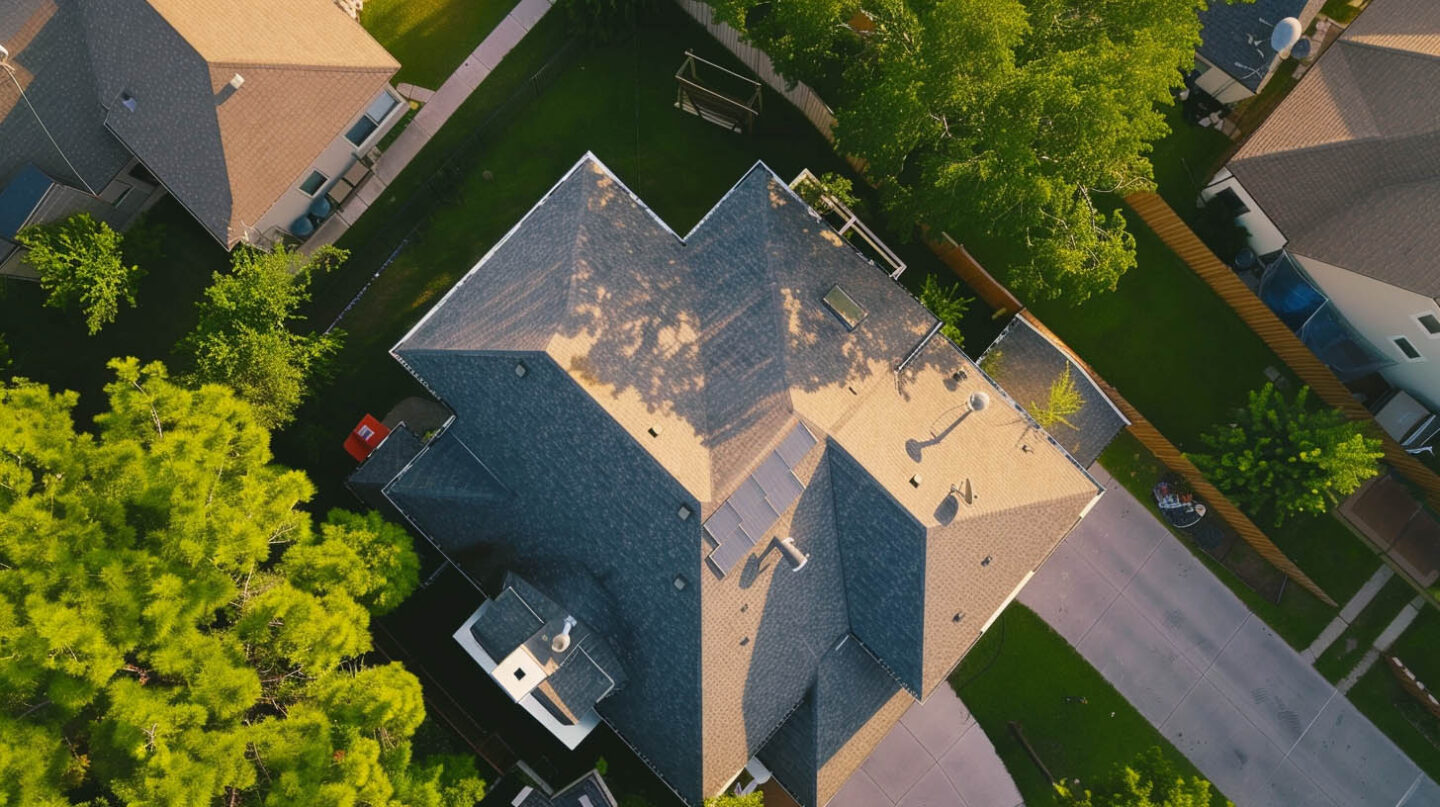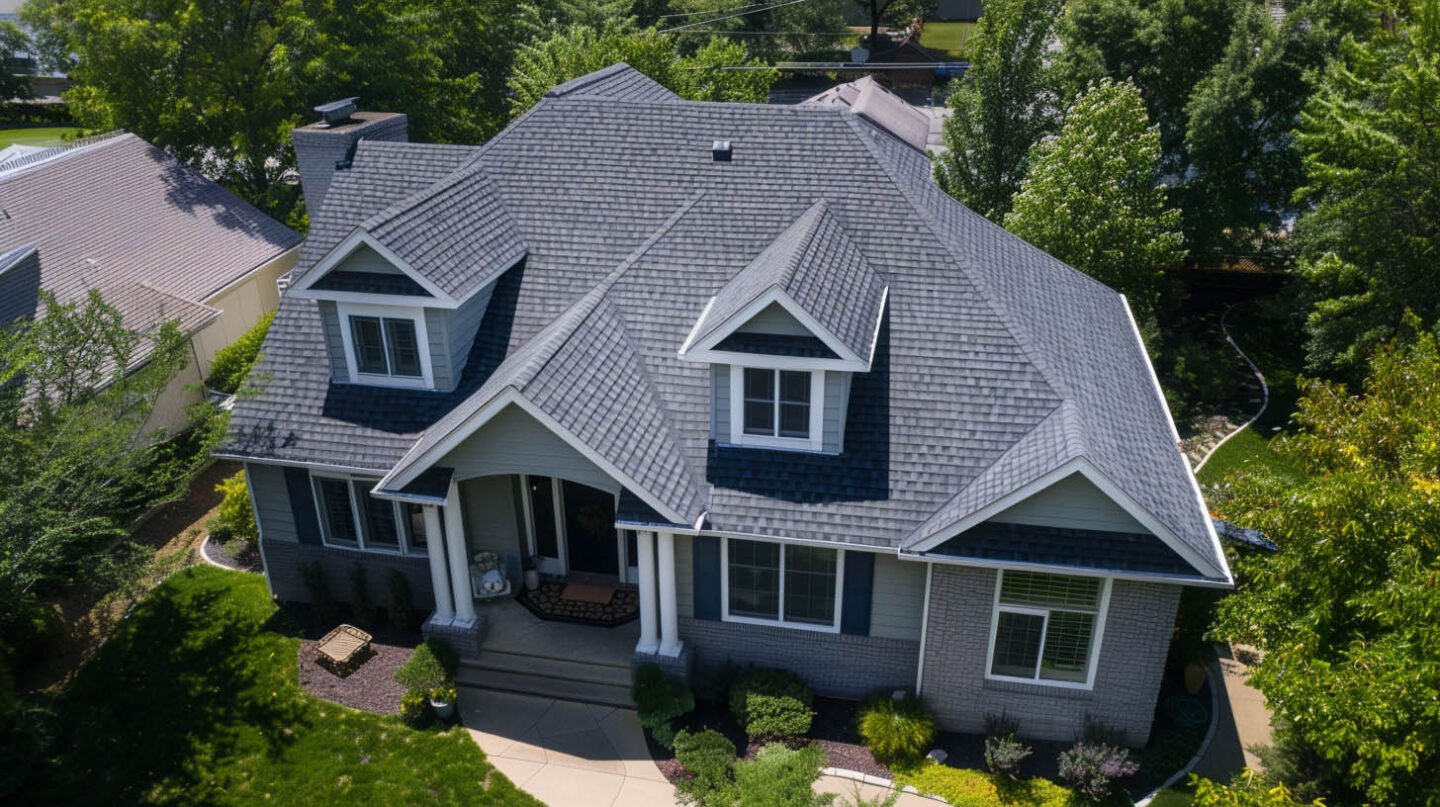Your roof is one of the most significant investments you’ll make in your home, and protecting it is essential. At The Shingle Master, we prioritize your roof’s longevity and security. A key part of that protection comes from understanding roofing warranties in Clayton, NC. But with different options available, how do you know which is right for you? The two most common types are prorated and non-prorated. Choosing the correct warranty type ensures you have the right coverage for your needs, giving you confidence in your roofing investment for years to come.
Understanding Roof Warranties: Prorated and Non-Prorated Explained
When you get a new roof, it usually comes with one of two main types of warranties. These manufacturer warranties define how you’re protected if the materials fail. The primary difference between prorated and non-prorated roof warranties is how the coverage value changes—or doesn’t change—over the warranty period.
Understanding the warranty terms from your roofing contractor is vital. A prorated warranty’s value diminishes over time, while a non-prorated warranty maintains its full value. Let’s look at what each one means for you as a homeowner.
What Is a Prorated Roof Warranty?
A prorated roof covers a portion of repair or replacement costs based on the age of the roof. As time passes, the coverage decreases, making homeowners responsible for an increasing share of expenses. This type of warranty typically benefits those who plan to stay long-term.

What Is a Non-Prorated Roof Warranty?
A non-prorated roof warranty covers the full cost of repair or replacement without deductions for depreciation. This type of provides homeowners greater peace of mind, as they won’t face unexpected costs due to age or wear when needing service under the terms.
Coverage Details: What’s Included in Each Type
Now that you know the basic difference between the two main types of warranties, let’s explore the specifics of their coverage. The details of what’s covered—and what’s not—can vary significantly between prorated and non-prorated options, especially concerning roofing materials and labor.
It’s important to remember that both warranties have limitations. Common exclusions often include damage from severe weather, improper maintenance, pests, or unauthorized repairs. Understanding these details will help you choose the best protection for your home.
Prorated Warranty Coverage: Materials, Labor, and Duration
Coverage under a prorated typically diminishes over time, reflecting the roof’s age. Initially, materials such as shingles and other roofing components receive protection against defects, yet as the roof ages, coverage decreases, which can lead to higher out-of-pocket expenses. Labor costs may also have specific limitations during the period, often becoming less comprehensive as time progresses. Understanding these nuances ensures homeowners can make informed decisions about their roofing investment and navigate any potential claims effectively.

Non-Prorated Warranty Coverage: Materials, Labor, and Duration
Coverage under a non-prorated roof typically includes full replacement costs for roofing materials, labor, and associated expenses for the duration specified in the agreement. This type of warranty often provides peace of mind, ensuring that issues caused by material defects or installation errors are fully addressed without unexpected costs. As the roof ages, any claims for defective shingles or material failures will be honored, protecting the homeowner’s investment and enhancing the overall longevity and condition of the roof.
Cost Implications for Homeowners
Your choice of warranty type directly impacts your potential out-of-pocket expenses. A prorated warranty usually has a lower upfront cost, which can be appealing. However, it may lead to higher costs down the road if your roof needs repairs later in its life.
On the other hand, a non-prorated warranty might involve an additional cost upfront but offers greater long-term financial security by minimizing future repair expenses. Evaluating these cost differences is a key part of protecting your roofing investment. Let’s break down how each warranty affects your wallet.
How Prorated vs Non-Prorated Warranties Impact Out-of-Pocket Expenses
Out-of-pocket expenses related to roof warranties can vary significantly based on the type of warranty chosen. Prorated warranties typically result in diminished coverage over time, increasing costs for homeowners as the roof ages; homeowners may find themselves bearing more financial responsibility for repairs and replacements. Conversely, non-prorated warranties offer comprehensive coverage throughout the period, providing more financial security. Understanding these distinctions aids homeowners in making informed decisions tailored to their specific needs, ensuring they select the right warranty for their roofing investment.

Does Warranty Type Affect Resale Value of Your Home?
Yes, the type of roof warranty can significantly influence your home’s resale value. Potential buyers may perceive non-prorated warranties as more attractive due to their comprehensive coverage, making properties with such warranties potentially easier to sell and possibly commanding higher prices.
Get in Touch
Navigating the intricacies of roof requires a keen understanding of the distinctions between coverage options. Choosing between prorated and non-prorated warranties can significantly impact financial security and overall peace of mind for homeowners. As a GAF Master Elite Contractor, with a BBB A+ and Haag Certified Inspector certification, we emphasize the importance of making an informed decision based on specific needs to ensure that you select the right warranty that aligns with your roofing investment. Additionally, being a NC Licensed General Contractor and recognized as Raleigh’s Best Roofing Contractor by NHBA and the Raleigh Chamber of Commerce, we are committed to enhancing your confidence in making a sustainable choice that protects you against future issues.
Frequently Asked Questions
What is covered by a prorated warranty?
A prorated warranty typically covers material defects from the manufacturer’s warranty. However, the coverage decreases over the warranty period. In the initial years, it may offer full coverage for materials, but its value diminishes over time, increasing your share of the repair or replacement cost.
What is a prorated roof warranty?
A prorated roof warranty reduces coverage as the roof ages, meaning that if a claim is made, the amount reimbursed decreases over time based on the remaining lifespan of the materials. This often results in higher out-of-pocket costs for homeowners during repairs or replacements.
What is the difference between prorated and non-prorated warranty?
The main difference is the consistency of coverage. A non-prorated warranty offers full coverage for its entire term, covering labor and material failures. A prorated warranty’s coverage value decreases over time, and it often has more warranty exclusions, particularly for labor costs, leaving you with higher out-of-pocket expenses.
Read our blog: Kickout Flashing & Gutter Aprons: Stop Hidden Wall Leaks


